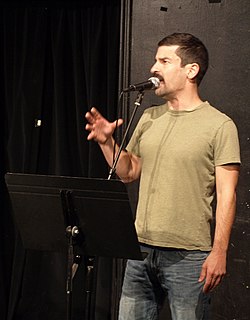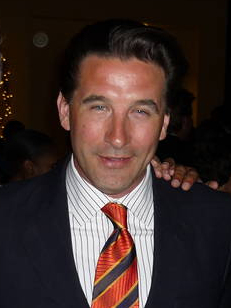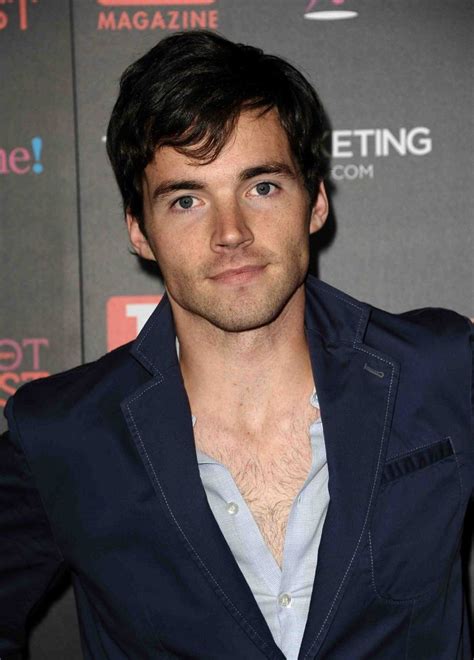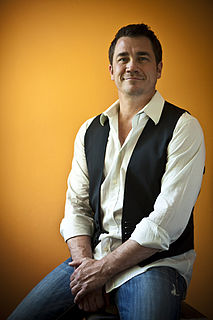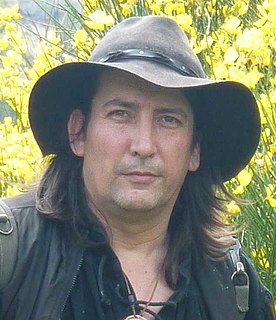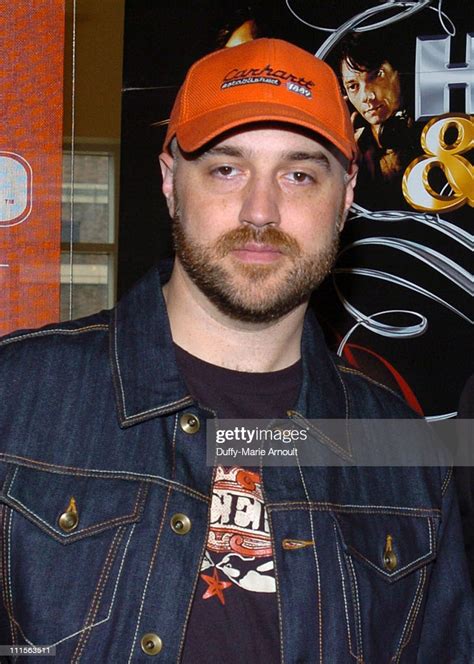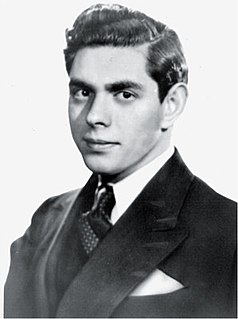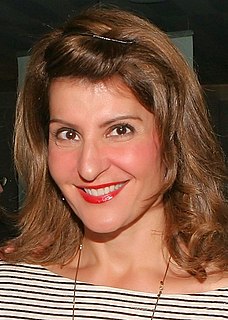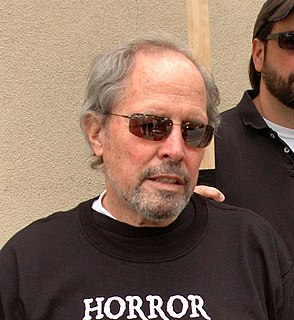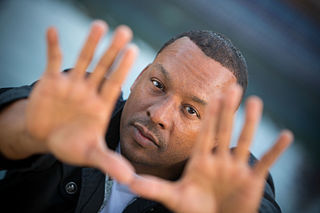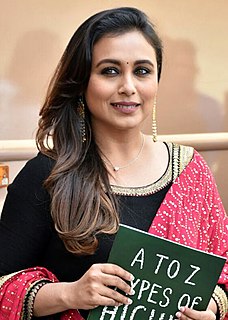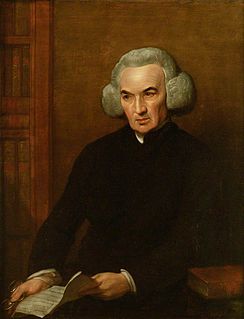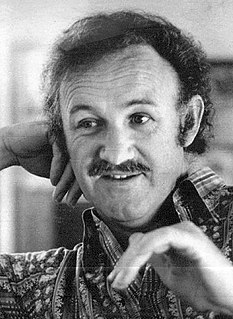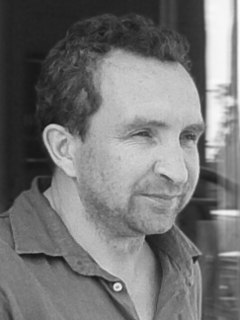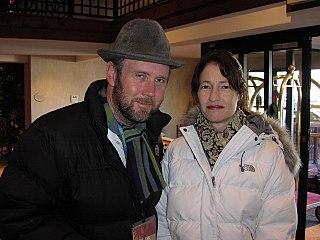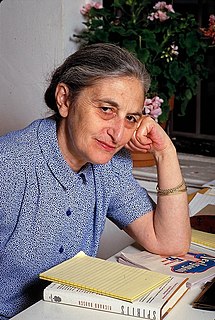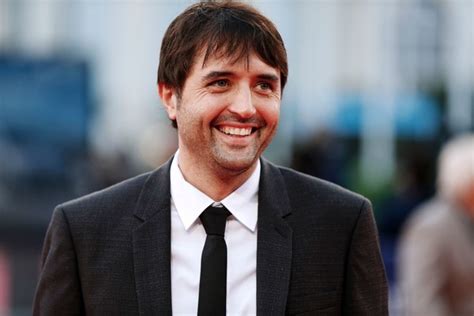Top 403 Screenplay Quotes & Sayings - Page 6
Explore popular Screenplay quotes.
Last updated on December 11, 2024.
When I was doing the screenplay, people who read the book Call Me by Your Name would go, "Oh god, what are you going to do about the peach scene?" I'd say, "I don't know, but I'll do something." And finally I figured out that there was a way of doing it without being totally graphic. You can do it in a way where the audience gets it and accepts it.
I look for an interesting and often times, fresh character. Something different that what is done all the time or than I've done recently. I look at who is directing. Those two variables as well as a third, which is the content and the quality of the screenplay. I look at the arcs of the scenes and characters and relationships.
I've always been kind of drawn to the extremities of human nature. I wrote my first screenplay when I was 16. The initial idea was a friendship between two prostitutes, and I spent time with a vice squad guy in Cincinnati who brought me to a brothel and gave me the rundown on how street prostitution works.
L.A.: where there's never weather, and walking is a crime. L.A.: where the streetlights and palm trees go on forever, where darkness never comes, like a deal that never goes down, a meeting that's never taken. The City of Angels: where every cockroach has a screenplay and even the winos wear roller skates. It's that kind of town.
[Bad Influence]was David Koepp's first big screenplay. It was actually a writing sample that was around town to get David work at the time, and Steve Tisch - now the owner of the New York Giants - found it, loved it, and together we put it together. But I'd say that would be the one I'd tell people to go and look at if they haven't seen it.
I didn't know how story worked. So, when writing the screenplay, people introduced me to the science of it. And I'm grateful. I'll probably use that information for the rest of my career, in terms of writing novels or writing stories. And then, of course, to help me live a better story, a more meaningful story
I can work a lot faster when I'm writing a screenplay than when I'm writing a play because, if I'm having a problem with a scene or something, I can just be writing it in a way where there's no dialogue, or find a way to make sound do the work that I want to do or a close-up do the work that I need to do.
The time came where I was able to write an original screenplay [Allied], and it would be read and noticed. I had a meeting with Brad [Pitt], just around the time that he was making World War Z. I basically told him the story and said, "This is what I want to do," and he really responded, so that helped me put the thing together and write it.
When I'm directing, I really try not to be tied to anything. I don't even have the sides in my hands. I have other things - ideas that I want to make sure I don't forget or that I want to accomplish. The endeavor isn't about propping up the screenplay; but about the communal effort of exploration from a lot of different departments - the actors, the DP, the costume designer - all these people and myself.
I remember when I read the screenplay for 'Sicario,' I fell in love with it, but at the same time, I went, 'Oh no, not again.' I mean, I would love to fall in love with something that is more light, like a rom-com or a comedy. I would love to. Because it's very demanding to go to dark places like this.
It just happened that we did [Fences] seven years ago on Broadway. Scott Rudin brought me August Wilson's original screenplay for it, and I realized I hadn't read the play. So I read it. Then I realized that Troy (my character) was 53 - and I was 55 at the time. I realized I better hurry up! I might be too old!
I was very familiar with both actors, as well as Christina Hendricks and Bill Sage, Jimmi Simpson, Polly McIntosh, but the other main actors were new to me. And they were all terrific. Just amazing. Actually, Lowell Northrop optioned Savage Season from me, first book in the series, and I wrote a screenplay.
Shane Salerno and I adapted my book Savages together, and I learned a lot about adaptation. I think it's an extremely difficult thing to do; adaptation might even be more difficult than writing an original screenplay. It's so much a matter of choices, making choices of what to leave in. It was an education.
It takes a very long time to read a script. I'll look at a script, but there are so many scripts. I remember once being at the dentist, and the guy was doing my teeth and telling me about the screenplay he'd written and he said, "Will you read it?" And I said "Oh...okay." And it turns out that it was about a dentist!
I don't generate a storyline and then fill it out in the course of writing. The story actually generates in the course of the writing. It's one of the reasons I've never been comfortable doing screenplays, because in order to get the contract for the screenplay, you have to sit down and tell them what's going to happen.
The truth is, when I started to make films, I was terrified. I had a huge difference in what I was writing in the screenplay and what was on the screen after. Sometimes there was a big gap. Now, the more I have experienced, the more I do movies, the more I feel that the dream is closer to the screen. It's coming with experience.
Taking a comic strip character is very hard to write. Because comics are meant to work in one page, to work in frames with minimalistic dialogue. And a lot of it is left to the imagination of the reader. To do that in film, you've got to be a little more explanatory. And that requires a good screenplay and good dialogue.
I'm a film guy. I love it. When I read the screenplay, I knew that there would be no HD camera that could achieve the look that I wanted for this film. I wanted it to be dirty, and 16mm provides all of that with the look and the grain. That's what I worked for, and that's what I wanted, and that's how I'd seen the movie in my mind.
Something that you should take particular notice of is the fact that the best scripts have very few explanatory passages. Adding explanation to the descriptive passages of a screenplay is the most dangerous trap you can fall into. It’s easy to explain the psychological state of a character at a particular moment, but it’s very difficult to describe it through the delicate nuances of action and dialogue. Yet it is not impossible.
I wrote a screenplay for 'The Witches,' which Alfonso Cuaron was producing, but we couldn't get it made! The studio just wouldn't greenlight that movie. It's my favorite Roald Dahl book, 'The Witches,' because I grew up with my grandmother a lot of the time, and the relationship between the boy and the grandmother speaks volumes to me.
Whether it's writing a monologue or writing standup or writing a screenplay or writing a play, I think staying involved in the creation of your own work empowers you in a way, even if you don't ever do it. It gives you a sense of ownership and a sense of purpose, which I think as an actor is really important.
It really depends on what the screenplay is asking of you, and what your responsibility is to that character. You have the author's intent to deal with, you have the filmmaker's vision, and then you have your own wants, desires and needs for the character. It's collaborative. But I knew, right off the bat, that there was no way to go into some sort of pink-haired, clown-nosed character with Ronald McDonald shoes.
When I was in advertising, I did a great deal of work on television commercials. A co-worker and I wrote a screenplay, which led to a few more screenplays, and some were optioned by production companies. I was advised to move to California but didn't want to make the move. I decided to use another form of storytelling, so I wrote a novel.
Since I worked with Danny Boyle before on Slumdog Millionaire, we have great success and everything. So, when I first got the script and the screenplay of Simon (Beaufoy) and I was reading it, even before the shoot, some kind of sounds came into my mind and I put some stuff [down] and sent it to Danny when he was cutting the movie.
I was in Los Angeles making 'Dead Again' and the producer, Lindsay Doran , asked me if I'd be interested in adapting this book, .. Austen is my favorite author and I thought, 'Well, of course, I'd be very interested, but I don't know how. I don't know where to start, A, writing a screenplay and B, sort of adapting it from a great novel.
I'd love to be a director-for-hire and get a nice paycheck and captain one of those big ships, but I think studios mistakenly think I want to write what I direct - which I don't. I write out of desperation, because I never get a script I like, other than "Nebraska." It's a matter of: What's the screenplay? Is it intelligent? Is it human? I don't care what genre, what scale. I'm here for the movies.
I know firsthand how much work has usually gone into a screenplay, so if there's something that rings false or a line that I would think would need a tweak or something, I will think long and hard before I even recommend changing it. In that sense, I'm very faithful to the scripts that I get - if they're good scripts.
The story [for the western genre] is everything. Whether it's a book or a screenplay, the story drives everything. And if you just go out and try to make one by putting on boots and jumping on a horse and riding off... If you don't have the material, the characters and the things to overcome and conflicts that give life to drama, you don't have it.
The way I write is very much without kind of a goal. I have something I'm interested in and then I decide I'm going to explore it. I don't know where the characters are going to go, I don't know what the movie is going to do or what the screenplay is going to do. For me, that's the way to keep it alive.
We're always on the search for a novel or a source or an existing screenplay, or writing something ourselves that turns us on. But because films cost a lot of money to make and a huge amount of effort to get the people to rally, you have to really like it; you can't just semi-like it. Getting to 'really like' is the part that takes the minute.
In terms of it being a first screenplay, literally, my hat is off to him [Wally Pfister]. I didn't see any virgin blather in screen direction, or anything like that. It was just a wonderfully executed piece, and a complicated one. The mathematics involved in putting this film together, between Jack and Wally, and the great support of Alcon, it was not a easy little operetta.
There's something about somebody's first screenplay: it's like their whole life experience has kind of been bottled into it. They bring so much richness to it. And not that they won't do that for their next script, but there is something about their first experience and the time that it's been floating in their head.
When I started writing short stories, I thought I was writing a novel. I had like 60 or 70 pages. And what I realized was that I don't write inner monologue. I don't want to talk about what somebody is thinking or feeling. I wanted to try to show it in an interesting way. And so what I realized was that I was really writing a screenplay.
I think it started to feel like home when I stopped maintaining any pretense that I was ever going to be in the movie business. I went there like many writers - I had a screenplay deal and I would go to these meetings and it was the typical thing. And I hated it. I was not interested in writing screenplays, actually. But I kept feeling like that was what I was supposed to do. It was just this horrible cognitive dissonance.
One picture and one win cannot right a million wrongs. It's a step in the right direction.We have to get to a point where a movie like "Moonlight" winning [Oscar] or Barry Jenkins being nominated and winning, you know, for a screenplay or being nominated for best director - that it's just commonplace. They shouldn't be a novelty.

